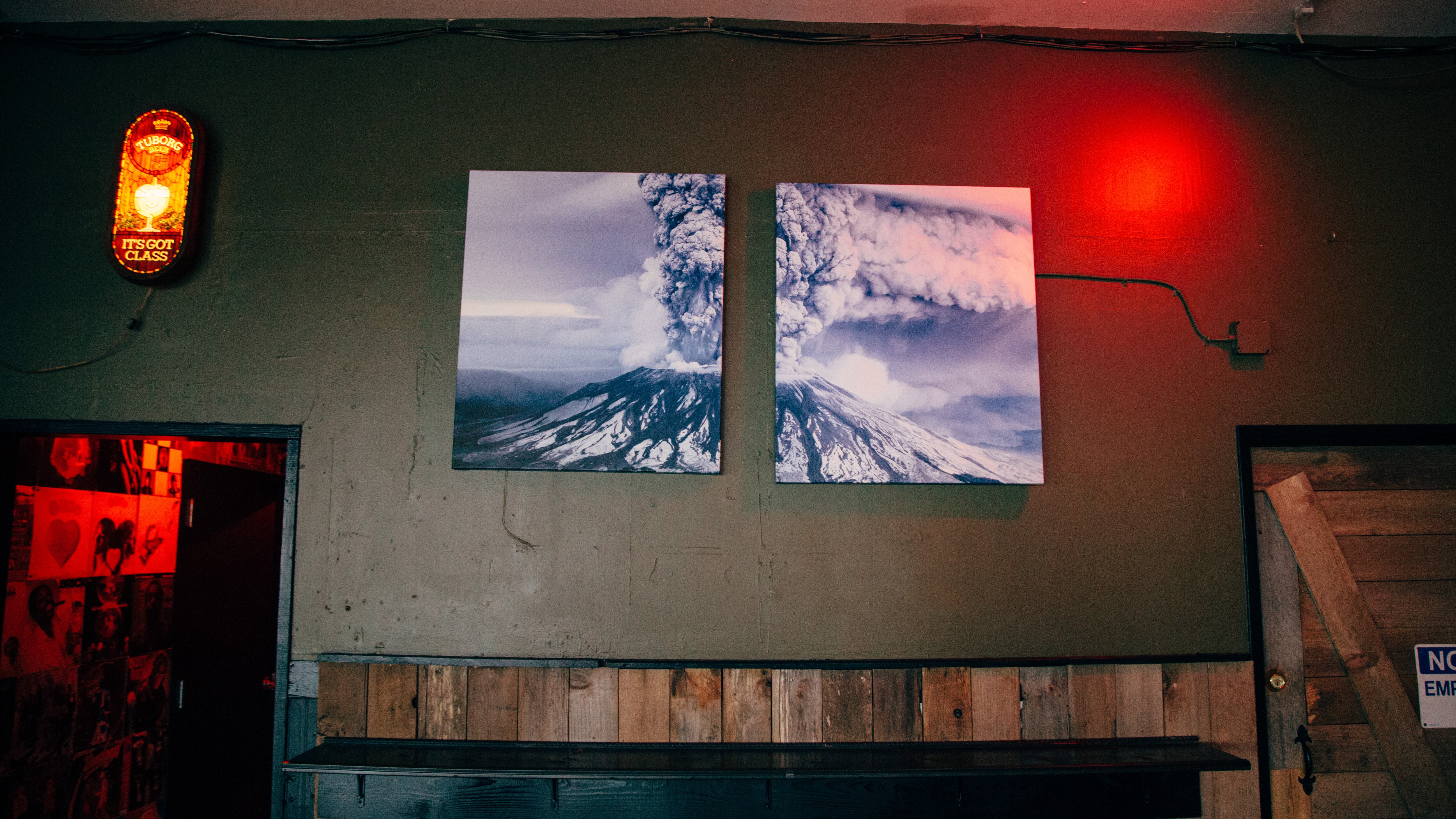Why has weathercasting gotten so dramatic? Growing up, we had heat waves, heavy rains, and major snowstorms. Today we have Heat Domes! and Atmospheric Rivers!! and Bomb Cyclones!!! Are these fundamentally different weather patterns, or simply hype to keep us watching through the next commercial break? —Wet in Beaverton
Don’t forget the Polar Vortex! We all know that climate change is making weather events more intense—but is the “atmospheric river” that brings us 4 inches of rain in 2023 really all that different from the “rainstorm” that brought us 3 inches in 1990? The answer is no—but before you accuse our brave local weatherfolk of selling out to the great media hype machine, there are some legitimate reasons for the shift in our terminology beyond naked click-baiting.
The first is simply the inexorable march of progress. We haven’t met, Wet, but anyone who still writes letters to the local newspaper has to be at least as old as I am. That means that roughly half of all the world’s science has happened in your (our) lifetime. We didn’t hear much about atmospheric rivers when we were younger, but that’s because they weren’t even discovered until the 1990s—before that, scientists just knew it was raining, probably because we’d angered the gods somehow.
A second reason for the shift is that, as a culture, we just talk about weather more now. In the old days, the weather was confined to five minutes on the local news. This gave you time for WHAT (rain), WHEN (tomorrow) and WHERE (here), but definitely not WHY or HOW if you wanted to wrap things up in time for sports. Now, though, we have eight separate 24-hour weather networks, plus another 6 million weather-related social media channels (and we pay attention to them, because we all know weather is how the world ends). It’s little wonder that our weather-related vocabulary has gained some colorful new terms.
Finally, at least some of this zippy language has been deliberately pushed by meteorologists to make the public take dangerous weather phenomena more seriously. “Bomb cyclone,” for example, clearly evokes an intense storm that comes up suddenly, and as one of the researchers who coined it told The Washington Post in 2018, “If the term conveys the importance and the danger associated with [such storms], then I think that’s a good thing.”
Perhaps we’re too cynical—what some decry as weather-based media hype is really just experts trying to get us to be more careful. Still, if The Weather Channel rolls out “plague drizzle,” “volcano mist” or “flesh-eating sleet” anytime soon, I’m going to want to see evidence.
Questions? Send them to dr.know@wweek.com.

